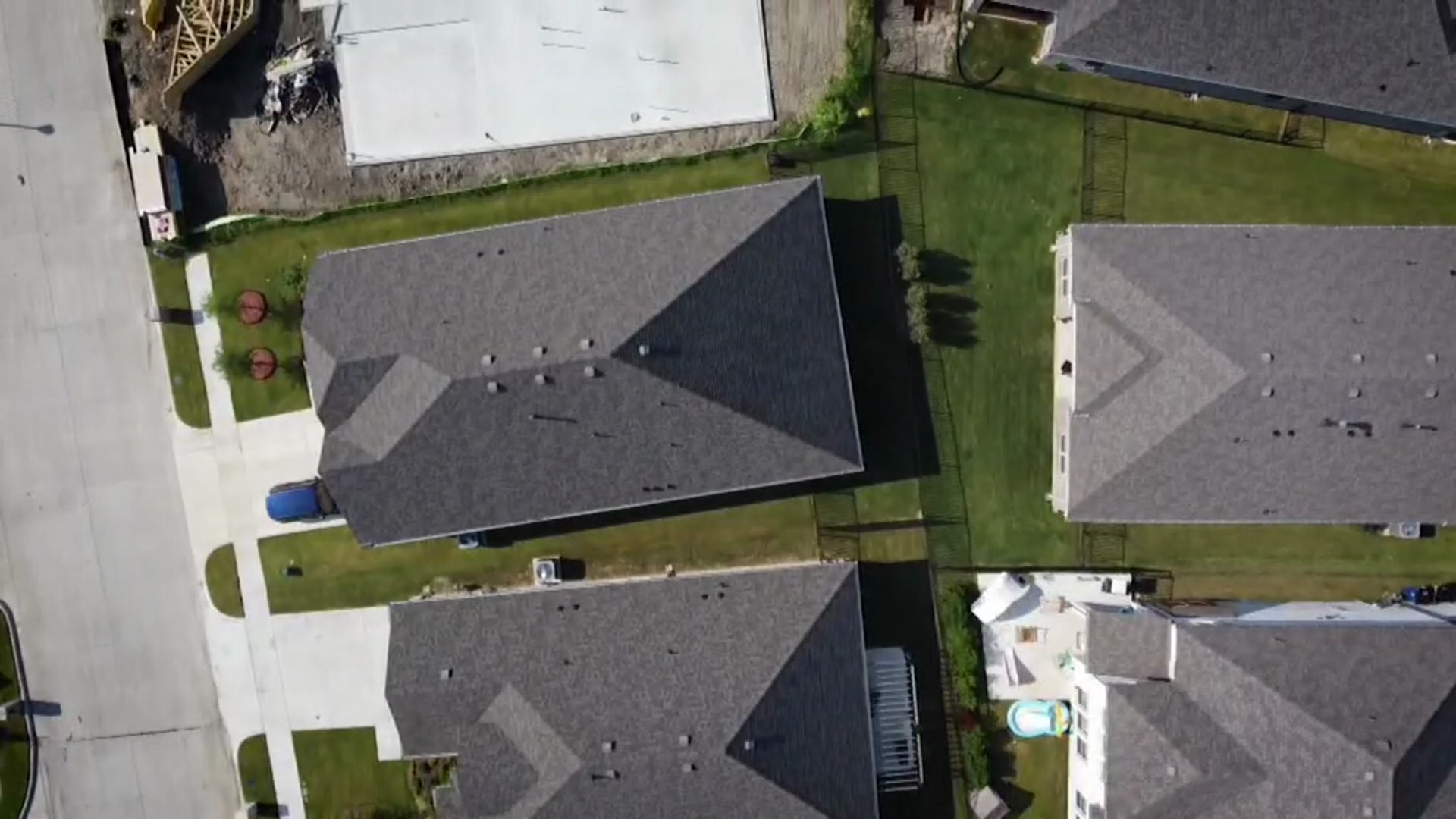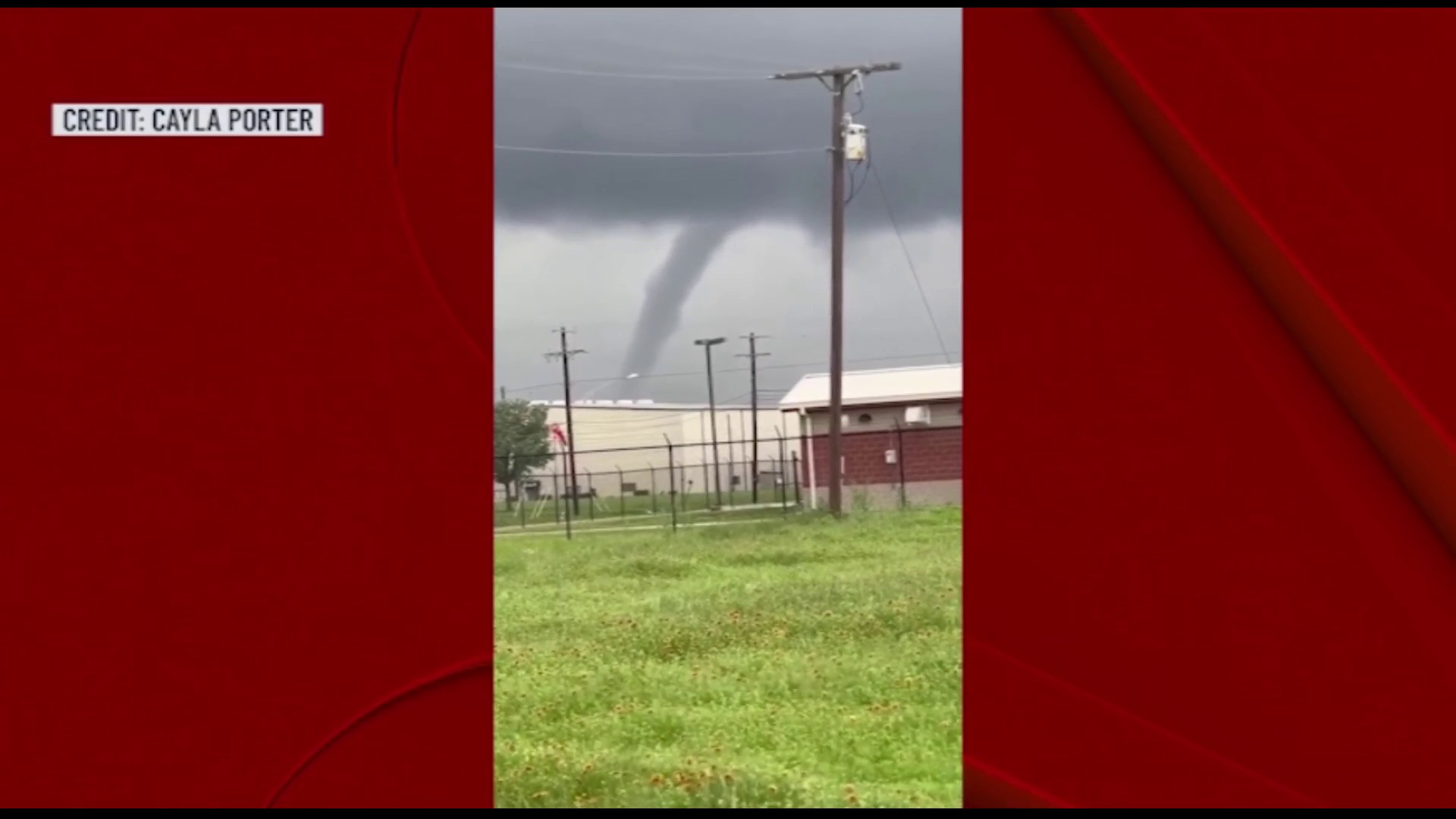Inside a classroom full of high school students, Arlington police officers Jastin Williams and Chris Holder teach a group of inspiring officers about a subject that can be uncomfortable and difficult to discuss, but vital when it comes to policing -- a hate crime.
A hate crime occurs when someone commits a criminal offense that is motivated by bias against a victim's race, gender, religion, sexual orientation, disability, or nationality.
Hate is a problem as old as time and continues to be an issue across the country.
“I think we’re at a very pivotal moment for our country’s history and definitely for our profession," said Williams about having the opportunity to talk to people, share experiences and see other people's perspectives.
Get DFW local news, weather forecasts and entertainment stories to your inbox. Sign up for NBC DFW newsletters.
While there are statistics to track hate crimes, it's not uncommon for such incidents to be under-reported. There are many reasons as to why someone doesn't report it, but one could be that the person is uncomfortable telling an officer, something Williams and Holder want to work on.
"We have to understand that it’s not just that victim that it happens to, it happens to their family members, it happens to people across the city, across the town and country who may have similar characteristics of that victim, it's a ripple effect," said Holder, who is the corporal in-service coordinator at Arlington Police Department Training Center.
That's why they're teaching the importance of understanding the topic of hate crimes and why listening to the community is important.
Local
The latest news from around North Texas.
Students in the Arlington ISD Police Academy at the Arlington ISD Career and Technical Center explored their own biases during the class.
“I honestly didn’t know much about hate crimes until I took this [class]," said Derron Strickland,18, a high school senior who plans to become an officer one day. “It helps to give me a new perspective about me personally and my bias and my friends and how they make certain comments.”
The officers challenge the student to think outside their own shoes.
“This class, it really drives it into you that everyone is different, everyone has different backgrounds, everyone has their own experiences and own beliefs. As an officer you feel like you need to be able to understand that and put your biases aside because everyone has a bias," said Leslei Monigord, who is also a senior and wants to go into law enforcement. "As an officer, you need to be able to understand other people and their biases and be able to help them in any way they need, because your duty is to help them."
Holder and Williams said regardless if the students enter the force, the life lessons about inclusion will help the teens shape their future and communities.
“These are our possible future officers. It goes beyond that though, it’s not just about what they’re learning here if they choose to follow this career path or not, we don’t know, but I believe it’s more important because of who they are in the community, that they're going to be the next change wherever they go," said Holder, who is the corporal in-service coordinator at Arlington Police Department Training Center.
They find it encouraging that the young men and women they teach want to make a difference.
“There’s still a lot of work that needs to be done, but it’s definitely hopefully and you can see that they’re the ones that can continue to champion the efforts," said Williams.
The hometown recruiting program is a partnership between the Arlington Police Department, Arlington ISD, and the University of Texas at Arlington.
It's for high school students who are interested in a career in law enforcement. They receive similar training that current officers would receive and touch on topics to help build relationships between the community and police.
Students who complete the course can earn dual-credit that goes toward a bachelor's degree. Once they graduate, they have a guaranteed interview with Arlington Police.
Strickland, who originally grew up in Chicago, said he knows that some of his family members have reservations about officers, but he wants to step up to the plate to change that.
“I want to hit the reset button on people’s mindset about police," said Strickland who said he wants to be a good example for his young cousins.
“I know there are cops out there that really, really try and do the best for their community and that’s what I want to do for future people, future generations," said Monigord.



